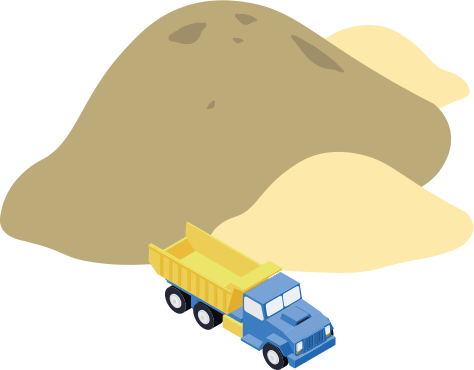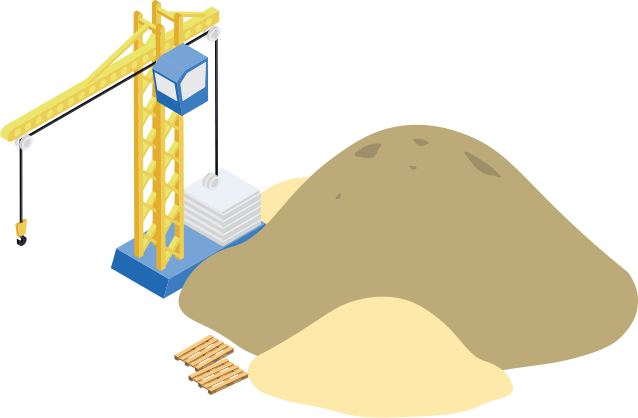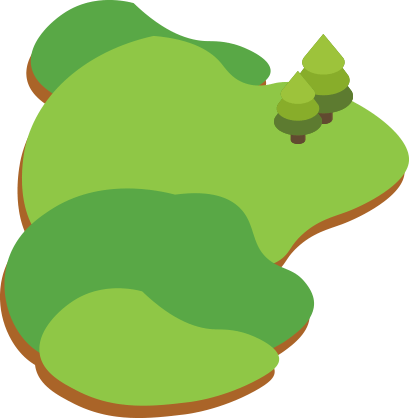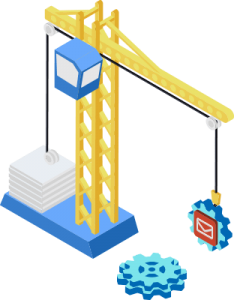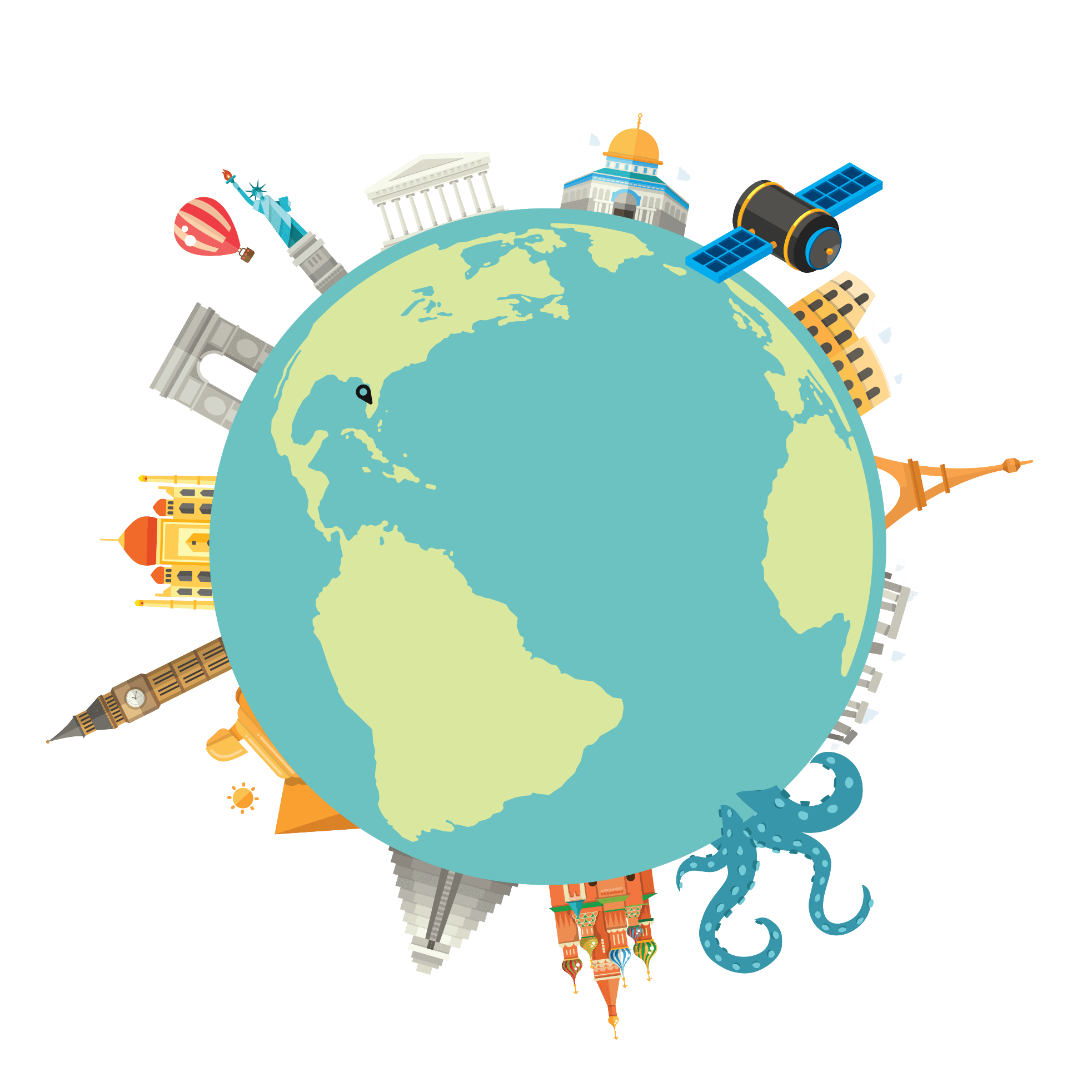Anyone interested in freedom and/or the Internet (which should be everyone), needs to be aware of a rising tide of efforts on the part of governments to censor websites and the dissemination of information via the Internet.
Of course the big news on this has always been China but that is only the tip of the iceberg. Many countries restrict the Internet to a greater or lesser degree. Many would like to do more.
Even the Land of the Free.
The U.S. government has shut down a number of websites – some of which were owned by foreigners and hosted outside of the U.S. Because their domain registrars were U.S. based, this was possible.
These were NOT shut down because they violated international laws or the laws of the countries in which they were based. In some cases they may have been violating U.S. law (relating to Cuba), but no civil or criminal due process was involved in the shut-downs.
Having a Constitution that guarantees Freedom of Speech is only half the battle. Then the rule of law must still prevail. Read the Constitution of the old Soviet Union some time. It sounds great! Guaranteed freedom of speech, assembly and religion.
Efforts to shut down Wikileaks sites have been ongoing for months. Not with a lot of success. It’s a game of Whack-a-Mole since setting up mirror sites is so easy.
What’s the future hold? Governments are fighting a losing battle in this. The structure of the Internet makes censorship difficult. And whatever they try, clever people will develop ways around it. Here’s one proposal (it gets a bit technical): Building a Censorship Resistant Web.
Censorship and the Internet
